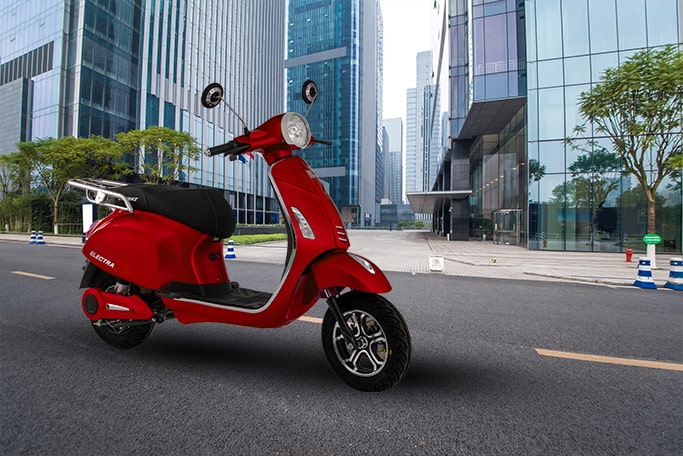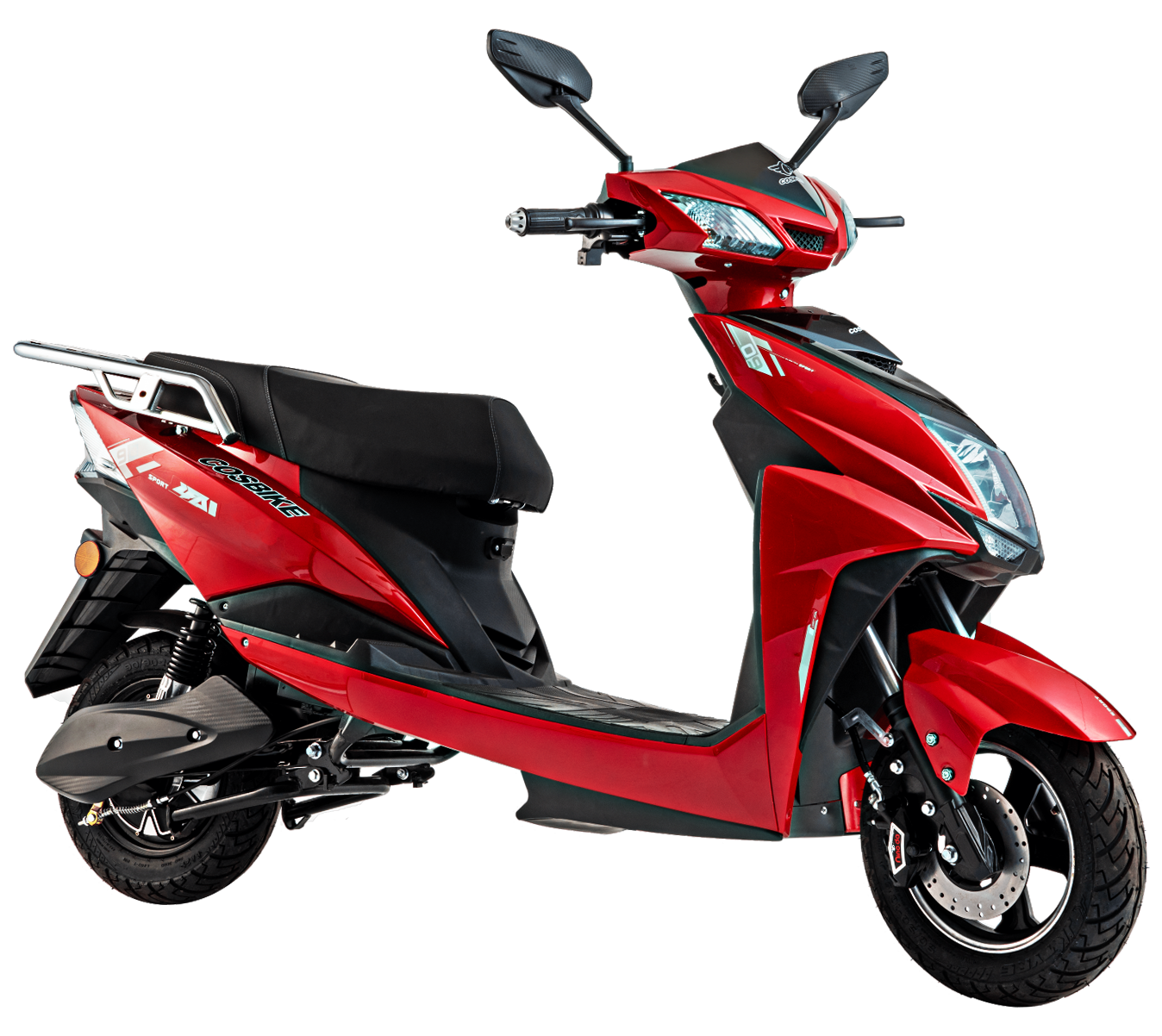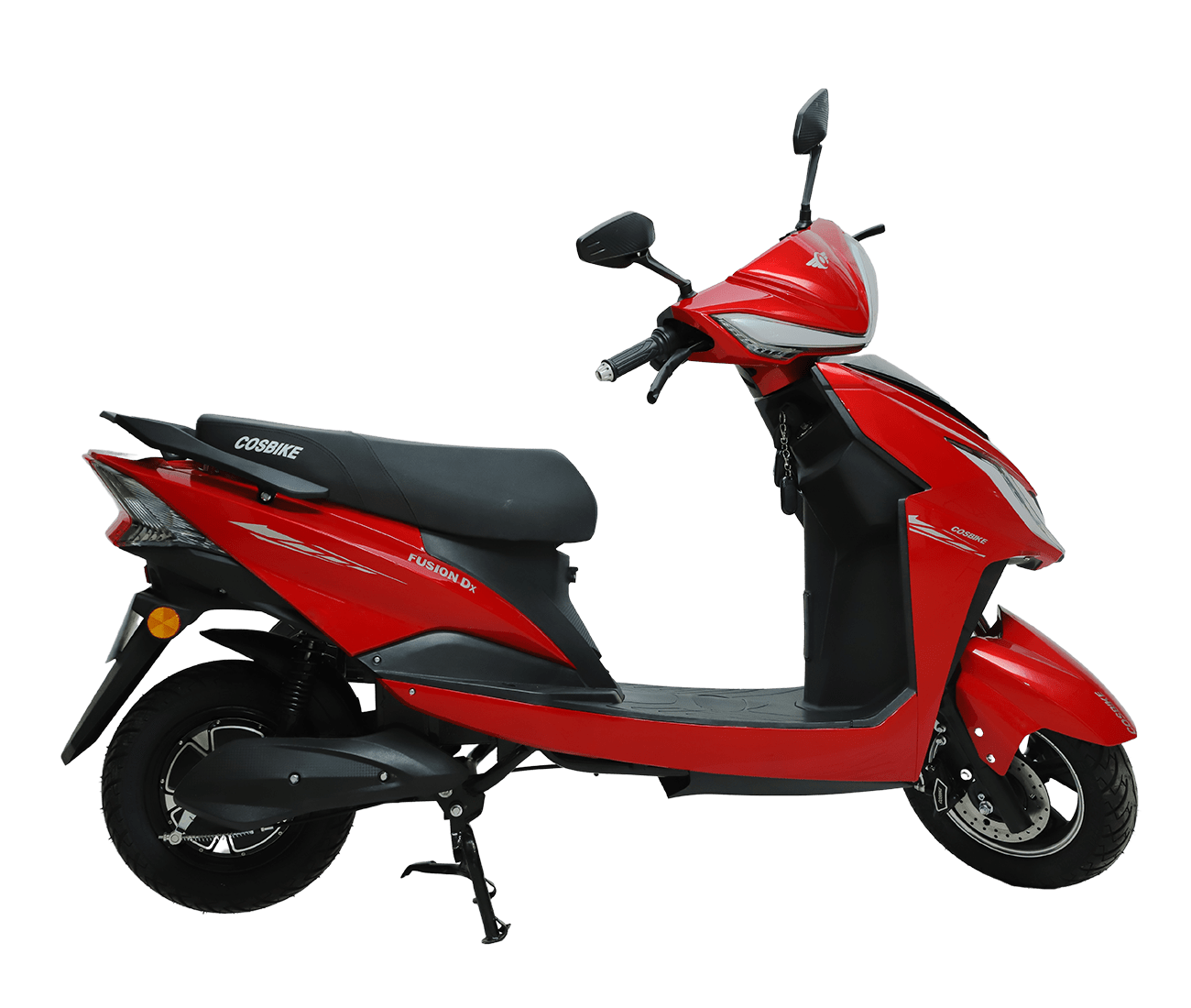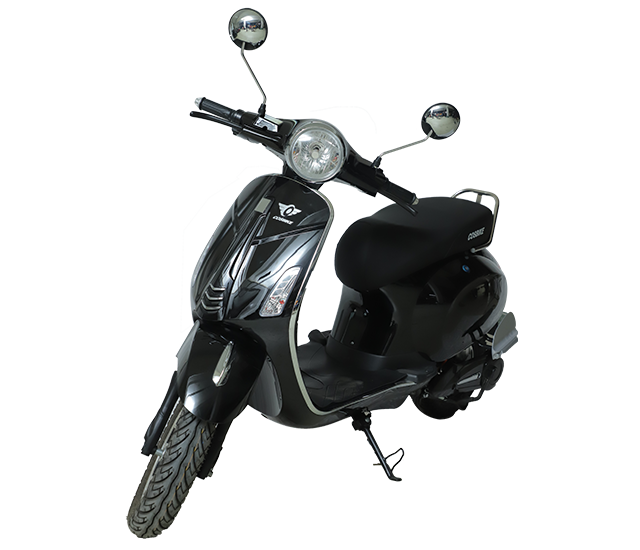The Indian government is making significant efforts to encourage the use of hybrid vehicles in the nation. The main problems caused by ICE vehicles are the increasing instances of climate change and global warming, so switching to electric vehicles is a viable option. The Indian government is encouraging the use of electric vehicles for this very reason.
Why the push towards EVs?
1. The rising cost of fuel:
One of the main reasons for this is the astronomically high cost of gasoline, which has caused it to enter the century. In a similar vein, Diesel has adopted this strategy. In today's expensive market, regular people everywhere are seeking ways to reduce costs. For drivers looking to cut costs, electric vehicles present a promising option. One of the most important arguments in favour of EVs is this.
2. Contribute to the development of a robust economy:
Historically, India has had to import more than 80% of its crude oil requirements. The result is less money in the country's bank accounts and a growing reliance on fossil fuels. The Indian economy could benefit from a reduction in the use of gasoline if more people made the switch to electric vehicles.
The government of India now actively supports the manufacturing and distribution of electric vehicles like e-bikes, e-cars, and others. Therefore, there will be a greater supply of electric vehicles because more businesses are keen to establish shops in India. The Indian government hopes that by taking these measures, the economy will begin to recover.
3. To protect the Earth from the devastation caused by environmental pollution,
City air quality, in particular, is consistently reported as poor by weather apps. One of the primary causes is the release of excess amounts of carbon into the atmosphere. The respiratory system is just one of many systems impacted by poor air quality. The current government of India has taken many steps to preserve the earth and make it habitable. One of the primary objectives of promoting electric vehicles is to help create a more sustainable environment.
In India, numerous manufacturers are switching to greener environmental processes when producing electric bikes and e-scooter parts. Cosbike uses environmentally friendly methods to manufacture its electric bicycles and scooters.
Here are some of the steps the Indian government has taken to spread the word about EVs:
1. (a) The GST on EVs has been lowered from 12% to 5%.
There has been a reduction in the GST from 18% to 5%, which means that the charges or charging stations will cost you 5% less.
1. b) Private charging at homes and workplaces is now possible as a result of the Ministry of Power's notification regarding charging infrastructure standards.
2. c) The MoRTH has announced that electric vehicles will be eligible for green licence plates and will not need permits to operate.
Electric scooter licences are now available to drivers aged 16 to 18 in MoRTH.
In 2015, the Ministry of Heavy Industries came up with the Faster Adoption and Manufacturing of Hybrid and Electric Vehicles in India (FAME INDIA) strategy to encourage more people to buy hybrids and electric vehicle. The second phase of the FAME INDIA scheme, funded at Rs. 10,000 crores over five years, has recently been put into effect. The government of India plans to subsidise the purchase of 7090 electric buses, 10,000,000 electric two-wheelers, and 5,000,000,000 electric four-wheelers to promote the energy supply of public transportation.
This is a summary of the measures taken by the Indian government to encourage the use of electric vehicles. The Indian government has set a goal of having only electric vehicles on the road by the year 2050.
What Measures are Being Taken to Encourage EV Implementation?
By: Admin | 27 Aug 2022










